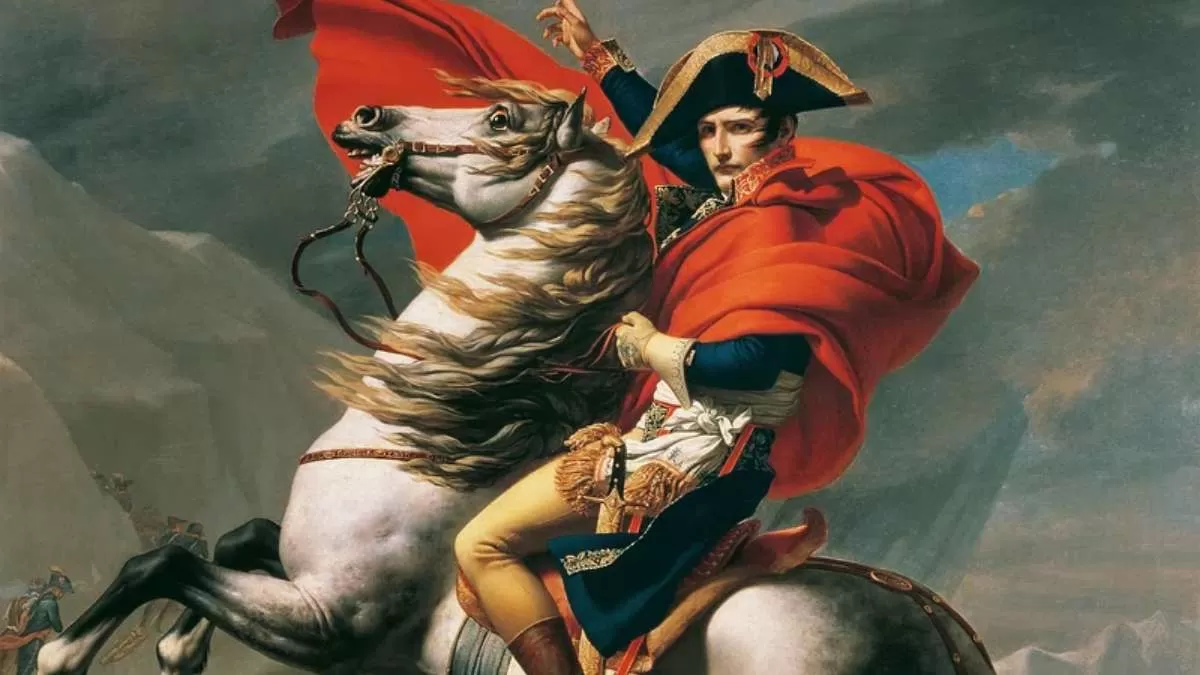“How would you explain the rise of Napoleon?” This question often surfaces among historians and enthusiasts alike, fascinated by how a young Corsican officer transformed into an emperor of France, leaving an indelible mark on world history. This article aims to dissect the factors contributing to Napoleon Bonaparte’s meteoric rise, exploring his early life, strategic military campaigns, key reforms, and the political dynamics of his era.
Early Life and Military Beginnings
Birth in Corsica and Early Education
The story of Napoleon’s rise begins with his birth on August 15, 1769, in Ajaccio, Corsica, shortly after the island was transferred from Genoese to French control. This transition played a crucial role in shaping his future, as it ensured his status as a French citizen, which was vital for his future military career. Napoleon’s education at military academies in France not only provided him with formal military training but also exposed him to the ideas of the Enlightenment, which influenced his later policies and leadership style.
First Military Engagements and Rapid Promotion
The question, “How would you explain the rise of Napoleon?” cannot be answered without highlighting his early military successes. His first major recognition came during the siege of Toulon, where he was instrumental in recapturing the city from the British-supported forces. His bold artillery strategy there marked the beginning of his rapid ascent in the military hierarchy, leading to his appointment as a brigadier general at the young age of 24.

Political Climate and Napoleon’s Rise to Power
The French Revolution: A Background
To understand “how would you explain the rise of Napoleon?”, one must consider the French Revolution’s impact. The revolution radically transformed French society, uprooting centuries-old institutions such as the monarchy and the aristocracy, and setting the stage for a new political order. Napoleon’s rise was facilitated by the power vacuum and the chaos that ensued, allowing a military leader of his charisma and skill to emerge as a stabilizing force.
Napoleon’s Return from Egypt and the Coup of 18 Brumaire
After a mixed success in Egypt, Napoleon returned to a politically unstable France. His strategic move during the Coup of 18 Brumaire resulted in him replacing the Directory with the Consulate, establishing himself as the First Consul. This pivotal moment is essential in explaining how Napoleon rose to power, as it marked his transition from a military leader to a political ruler.
Key Reforms and Centralization of Power
Administrative Reforms and the Napoleonic Code
A significant part of Napoleon’s rise involved his systemic reforms, particularly the introduction of the Napoleonic Code. This legal framework redefined civil law across occupied territories, laying the groundwork for modern legal systems in Europe. These reforms were crucial in consolidating his power and structuring the French state.
Economic and Educational Reforms
Answering “how would you explain the rise of Napoleon?” also involves examining his economic and educational reforms. By stabilizing the French economy through the introduction of the Bank of France and revamping the educational system to promote state ideologies, Napoleon laid the foundation for a centralized and loyal administration.
Military Campaigns and Expansion of Empire
Major Battles and Strategies
Napoleon’s military campaigns across Europe from Italy to Russia are key to understanding his rise. His tactical genius, exemplified in battles such as Austerlitz, showcased his ability to leverage speed, surprise, and innovation, securing his dominance over European powers.
The Continental System and its Impact
The Continental System was an attempt to blockade Britain economically; however, its mixed results highlight the complexity of Napoleon’s strategies and the challenges he faced, which ultimately contributed to his decline.
Downfall and Exile
The Invasion of Russia and its Consequences
“How would you explain the rise of Napoleon?” is inevitably linked to how one would explain his fall, particularly his disastrous Russian campaign, which significantly weakened his power and led to his first exile to Elba.
Exile to Elba and the Hundred Days
Napoleon’s brief return to power during the Hundred Days further demonstrates the complexity of his character and leadership. His final defeat at Waterloo ended his rule, leading to his second exile and death.
Napoleon’s Legacy and Historical Impact
Influence on Modern Europe
Despite his ultimate defeat, Napoleon’s reforms and military strategies had a lasting impact on Europe, influencing its geopolitical boundaries and the nature of modern governance.
Napoleon in Historical Memory
Today, Napoleon is remembered as a complex figure, celebrated for his visionary leadership and criticized for his imperial ambitions. His legacy continues to be a subject of extensive study and debate.
Must Read:
FAQ:
What were Napoleon’s most influential reforms?
Napoleon’s introduction of the Napoleonic Code and his administrative centralization were among his most impactful reforms, shaping modern legal and governmental structures.
How did Napoleon rise so quickly in the military?
Napoleon’s rise in the military was due to his innovative tactics, exemplary leadership, and the opportunities presented by the French Revolution’s upheaval.
What led to Napoleon’s final defeat?
Napoleon’s final defeat was precipitated by the failed Russian campaign, the European coalitions against him, and his loss at the Battle of Waterloo.
How is Napoleon viewed today in France and globally?
In France, Napoleon is both revered for his leadership and reforms and critiqued for his autocratic rule and wars. Globally, he is seen as a pivotal figure in European history.
What lessons can we learn from Napoleon’s leadership?
Napoleon’s leadership teaches the importance of vision, strategic planning, and the need for adaptability in leadership.
How did Napoleon’s background influence his leadership?
Napoleon’s Corsican origins and military education deeply influenced his leadership style, driving his ambition and his approach to governance and military strategy.
Conclusion
“How would you explain the rise of Napoleon?” Through a combination of his strategic brilliance, opportunistic prowess, and the unique circumstances of his time, Napoleon Bonaparte rose from obscurity to become a defining figure of the 19th century. His legacy, marked by significant reforms and territorial expansions, continues to influence our understanding of leadership, strategy, and governance.

